SGGP
On October 9, attending the meeting of the International Monetary Fund (IMF) and the World Bank (WB) in Morocco, financial leaders assessed that the global economy is in a state of profound volatility due to the consequences of the Covid-19 pandemic and conflicts, the latest of which is the situation in the Middle East.
The Israeli-Hamas conflict, which has killed hundreds of people on each side, is raising the prospect of a wider conflict in the Middle East. For central banks, the dilemma is whether the situation is likely to lead to new inflationary pressures, given that the Middle East is not only home to major oil producers like Iran and Saudi Arabia but also has major shipping routes through the Gulf of Suez.
Federal Reserve officials have cited recent high energy prices as a potential risk to the outlook for slowing inflation. In related developments, on October 9, Brent crude oil prices rose 4.18% to $88.76/barrel; US WTI crude oil rose 5.1% to $87.02/barrel.
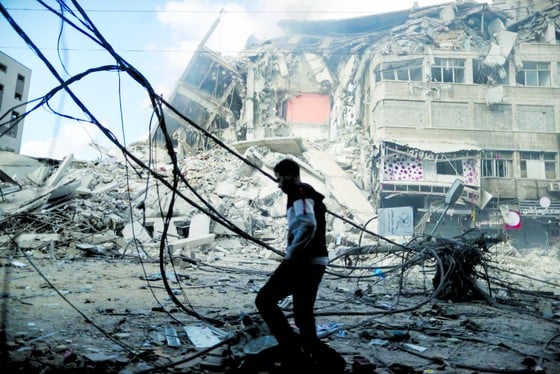 |
Scene of devastation in Gaza Strip |
The US is supporting Israel and President Joe Biden has assured that the US will release oil reserves to cool down prices in case oil prices increase beyond 10%-12% to control inflation in the US. In addition, due to high risks, investors have turned to gold to preserve capital, so the price of gold on October 9 increased by 1.1%, from 1,849.51 USD/ounce to 1,863.70 USD/ounce. According to Mr. Karim Basta, chief economist at III Capital Management Investment Consulting Company, the conflict in the Middle East poses risks of higher oil prices and risks to inflation and growth prospects.
Not only causing economic concerns, the United Nations World Food Programme (WFP) on October 8 issued a statement expressing “deep concern” about the impact of the conflict between Israel and the Hamas movement on people struggling to obtain essential food supplies.
WFP is also concerned about the quality of food stores and the impact of power outages in Gaza, which is still facing chronic power shortages. Referring to Gaza, the statement said that while most stores in the affected Palestinian areas currently have a month’s worth of food, there is a risk that stocks will “run out quickly as people stock up on food due to fears of a prolonged conflict.”
WFP said it was preparing food for distribution to those displaced and living in temporary shelters, and called on “all parties to adhere to the principles of humanitarian law”.
- More than 800 Israelis were killed and at least 100 people (of many nationalities) were kidnapped after Hamas attacks on areas in Israel.
- According to Israeli Defense Minister Yoav Gallant, Israel is completely besieging the Gaza Strip. This area of 2.3 million people is currently without electricity, food, water, or gas. The Israeli army has recalled 300,000 soldiers from the reserve force in the past 48 hours.
- Thailand is working with many other countries to find ways to rescue citizens kidnapped by Hamas.
- The European Union held an emergency meeting of foreign ministers on October 10 on the situation in Israel and the Gaza Strip.
Source




![[Photo] "Beauties" participate in the parade rehearsal at Bien Hoa airport](https://vstatic.vietnam.vn/vietnam/resource/IMAGE/2025/4/11/155502af3384431e918de0e2e585d13a)



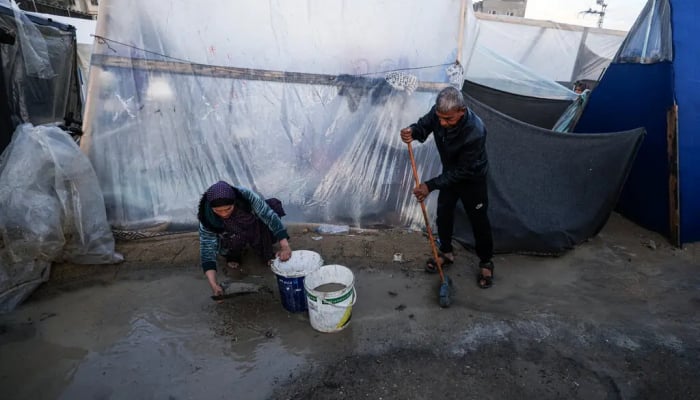

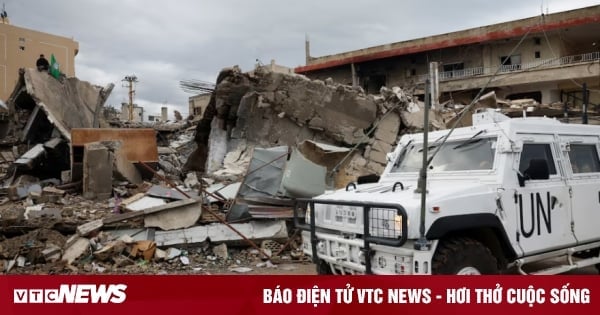

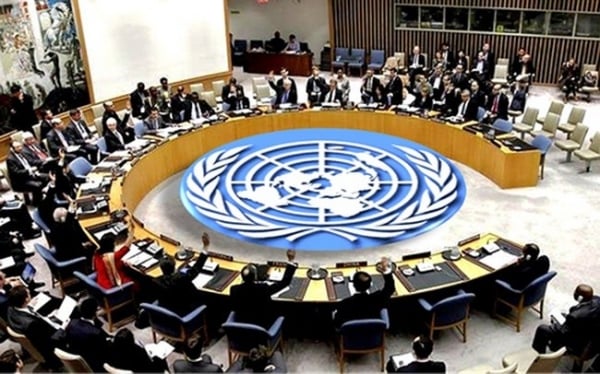


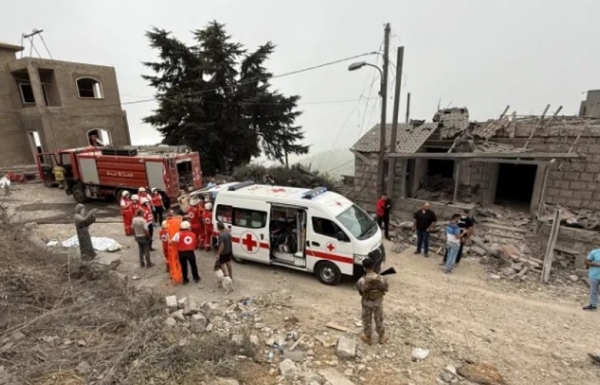

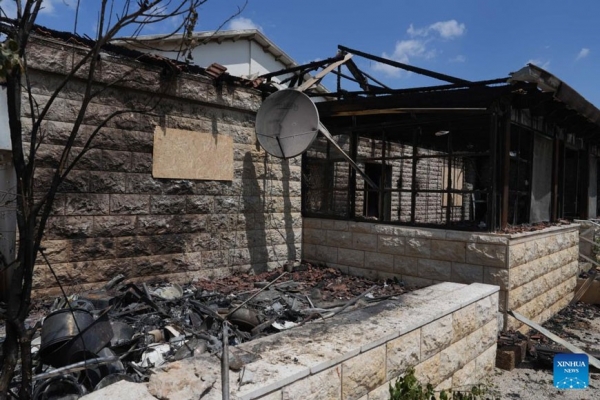














![[Photo] Summary of parade practice in preparation for the April 30th celebration](https://vstatic.vietnam.vn/vietnam/resource/IMAGE/2025/4/11/78cfee0f2cc045b387ff1a4362b5950f)
![[Photo] Looking back at the impressive moments of the Vietnamese rescue team in Myanmar](https://vstatic.vietnam.vn/vietnam/resource/IMAGE/2025/4/11/5623ca902a934e19b604c718265249d0)





























































Comment (0)